These are strange times, aren't they? Not strange in the sense of calculated or shocking oddity, but strange in the sense of trying to reconcile contradictions. We see these paradoxes on every street corner: disconnected influencers, crypto-bro environmentalists, or voters casting ballots for AOC and Trump simultaneously. It's not the morality of these choices that matters here. What matters is the coexistence of opposites.
Take a moment to imagine what that means. Rejecting society while amassing millions of followers on TikTok. Believing in social justice while supporting a conservative leader. Today, more and more people are reclaiming these dualities and finding freedom in this uncertain space. To be human is to be complex, and after years of algorithmic simplification that forced us into boxes, the labels are bursting.
The triumph of post-authenticity
Welcome to the era of post-authenticity. A time when we no longer simply seek "truth" or "transparency," but embrace our contradictory nature. Before, you could describe a typical voter or a typical entrepreneur profile. Today, all of that is slipping away. People are publicly embodying opposites, and this fragmentation is redrawing the rules of the cultural game.
The cultural trajectory is clear: conformity, aspiration, authenticity, and now radical introspection. It's a shift toward internal validation, a journey into inwardness. This introspection doesn't rid us of our need for social validation, but it does force us to be honest about what we really want.
And that's excellent news. Why? Because, for strategists, "the bizarre" is an unparalleled compass.
The “weird” as a precursor signal
In a recent talk at TikTok, I explained that strange signals give us a glimpse of the future before we can even understand it. Look at Muscle Beach in the 1970s: a small phenomenon, but terribly strange at the time. Seeing men showing off their muscular bodies was a transgression of gender norms. Today, bodybuilding is a colossal industry and symbolizes self-respect.
The key point? The "weird" that matters is the kind that crosses the invisible boundaries of our norms. This kind of weirdness is felt physically. It's an emotion before it is a rational analysis. An underlying truth we haven't yet articulated.
Strange signs to watch for in 2025
Take mommunes, the households shared by single mothers. This disrupts the traditional order of relationships. For the first time, friendships are replacing romantic relationships as the epicenter of life. For brands in the parenting or community sectors, this poses a critical question: Are you building products for those we love or for those we trust?
Another example: billionaires building private bunkers and isolated cities instead of public monuments. This redefines the idea of wealth. Is it a status symbol to show off or to disappear? Luxury brands need to think: are you selling notoriety or anonymity?
The future belongs to those who embrace the strange
The most successful brands are those that capture these new values before consumers even have the words to describe them. This requires courage and the ability to listen. The bizarre isn't a threat; it's an opportunity. It forces us to rethink what's possible and define new paradigms.
Centuries ago, "weird" meant "controlling destiny." Even today, the bizarre reveals the future to those who know how to look.
So, don't run away from the strange. Chase it away. Analyze it. Embrace it. Because it's in these anomalies that the future blossoms.



Share: